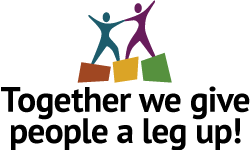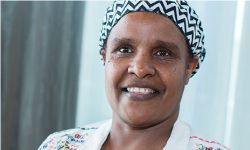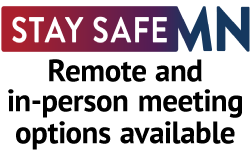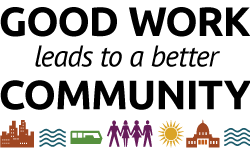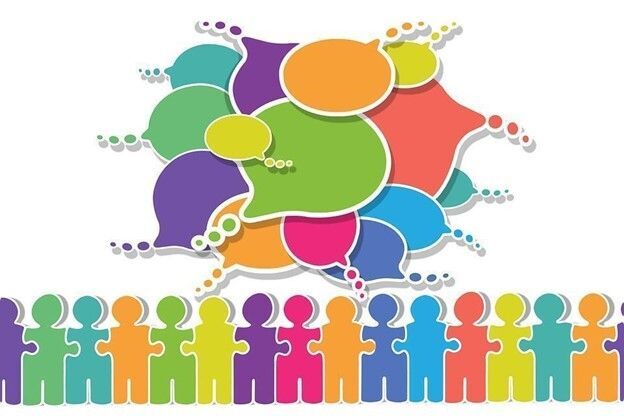
According to the MN Chamber of Commerce, Minnesota’s immigrant population totals around 472,849, which also means that immigrants represent 8.5% of Minnesota’s population, that’s one in 12 Minnesotans that are immigrants. Having a state that has a large immigrant population introduces many dynamics and many barriers to address. Barriers of language, culture, culture shock, as well as acclimation can be difficult challenges for immigrant families to overcome.
The Intercultural Praxis Model provides a context for thinking about history, power, and identity to improve communicating across culture. Sorrells describes intercultural praxis as a set of skills and practices for critical reflective thinking and acting to become more effective as intercultural communicators, thinkers, and actors in the global context (Sorrells, Intercultural Communication: Globalization and Social Justice, 2nd edition)
One of the most important steps to consider in the Intercultural Praxis Model is positioning. Positioning is understanding socially constructed categories of different positions in terms of power; for example, if an individual born in another country asks a question about employment, because this is not the system they grew up with, a case manager encouraging them to take the next steps in the U.S. employment process could be difficult. It is a clear power dynamic and difference.
A prominent example is Daily Work bridging the gap between clients who are immigrants and the hiring/ employment process. Often different cultures and countries don't have resumes or interviews as part of the employment process. Some of the frequently asked questions from job seekers are why they need to talk about their strengths and weaknesses or why they have to go through the process of a background check. In some countries having social connections is what establishes employment. Daily Work serves the immigrant community by explaining the process and questions of interviews, and providing coaching as well as role playing in order to prepare job seekers for future employment opportunities.
Being aware that there is a power difference in the communication is pertinent to understanding the Intercultural Praxis Model. A specific example that comes to mind is when I was working with a job seeker on a resume. They were confused as to what a resume was and why they needed one for employment opportunities. This individual came from Africa and stated that they worked with family and friends, which is how they had gotten the jobs in the past. However, in the United States it quickly became apparent that things operate differently. In the end, I worked closely with the job seeker to gather all the information and create a resume. The job seeker ended up securing employment. It is another clear factor that positioning and communication is vastly different based on where a person comes from. Kathryn Sorrells states, “The Intercultural Praxis Model is about using our power to enable more equitable and socially-just relationships across different cultures by engaging in dialogue, reflection and informed, socially responsible action.” (Sorrells, 2020, P: 37) From the positioning stance of being an immigrant, it is clear that the pressures of an immigrant family are vastly different than a family who was born and raised in Minnesota.
Another aspect of positioning is considering whose knowledge is privileged. For example, education and college degrees from other countries do not always translate to U.S. education equivalents, requiring immigrants to take remedial classes or re-enroll in college.
With 8.5% of Minnesotans being immigrants, it behooves non-immigrants to consider ways in which immigrants are marginalized in our communities. Sometimes these positions aren’t always clear; however, there is a responsibility to try to be more aware of it and look for ways the immigrant community can feel heard and seen.
Because Daily Work has significant interactions with the immigrant community, understanding the positioning of Daily Work staff is something that is pertinent to our approach with our job seekers. That’s why “Dignity” is one of Daily Work’s values, expressed as: “We acknowledge and honor the fundamental value of all people, pledging to create and to maintain an environment that respects diverse traditions, heritages, and life experiences.”



